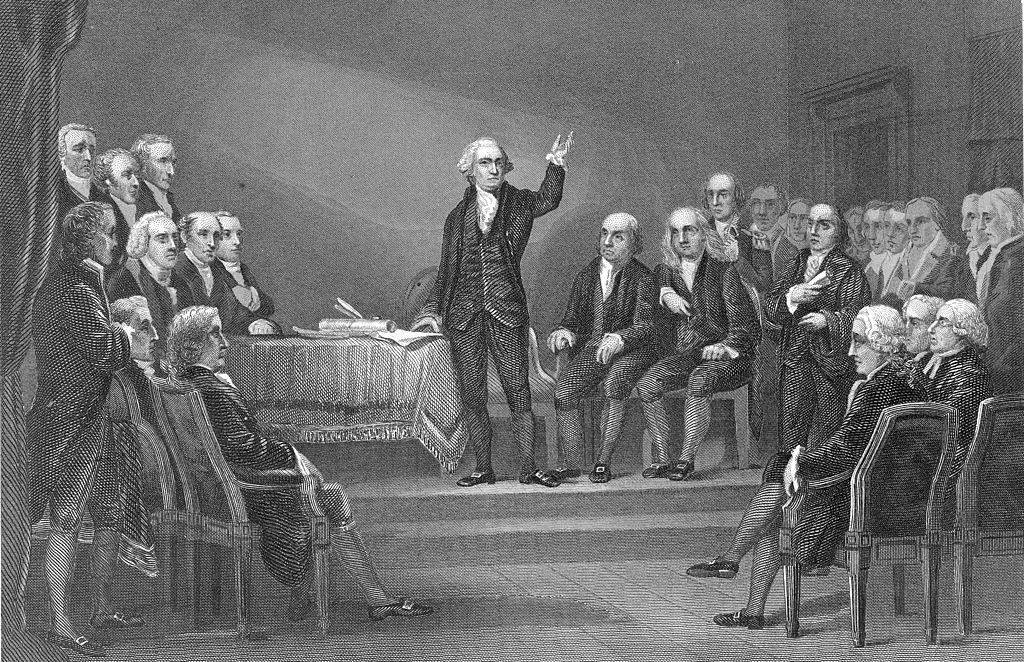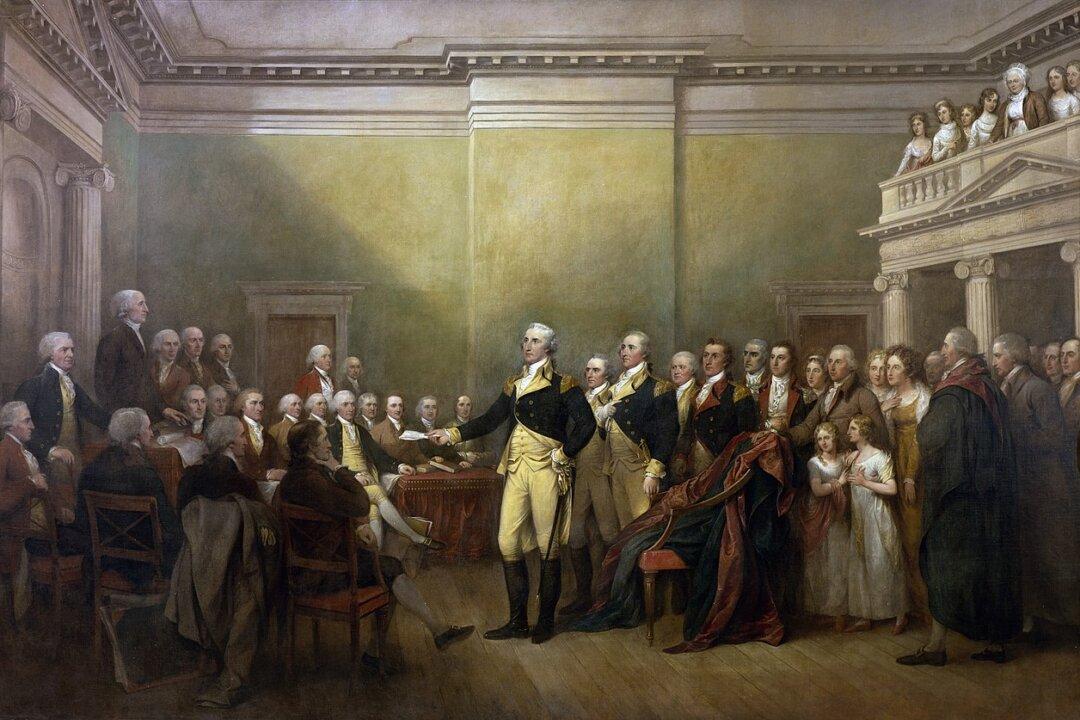Commentary
A question my radio listeners often ask me, and one I have pondered myself, is whether there is any solution to the seemingly unsolvable social and economic problems of our time. In 2018, I interviewed a college professor named Paul Skousen during a news segment, and he provided an answer. He convinced both my audience and me that we simply need to return to the wisdom of the Founding Fathers. By doing so, we would grasp the underlying reasons behind current events and know the precise solutions.





